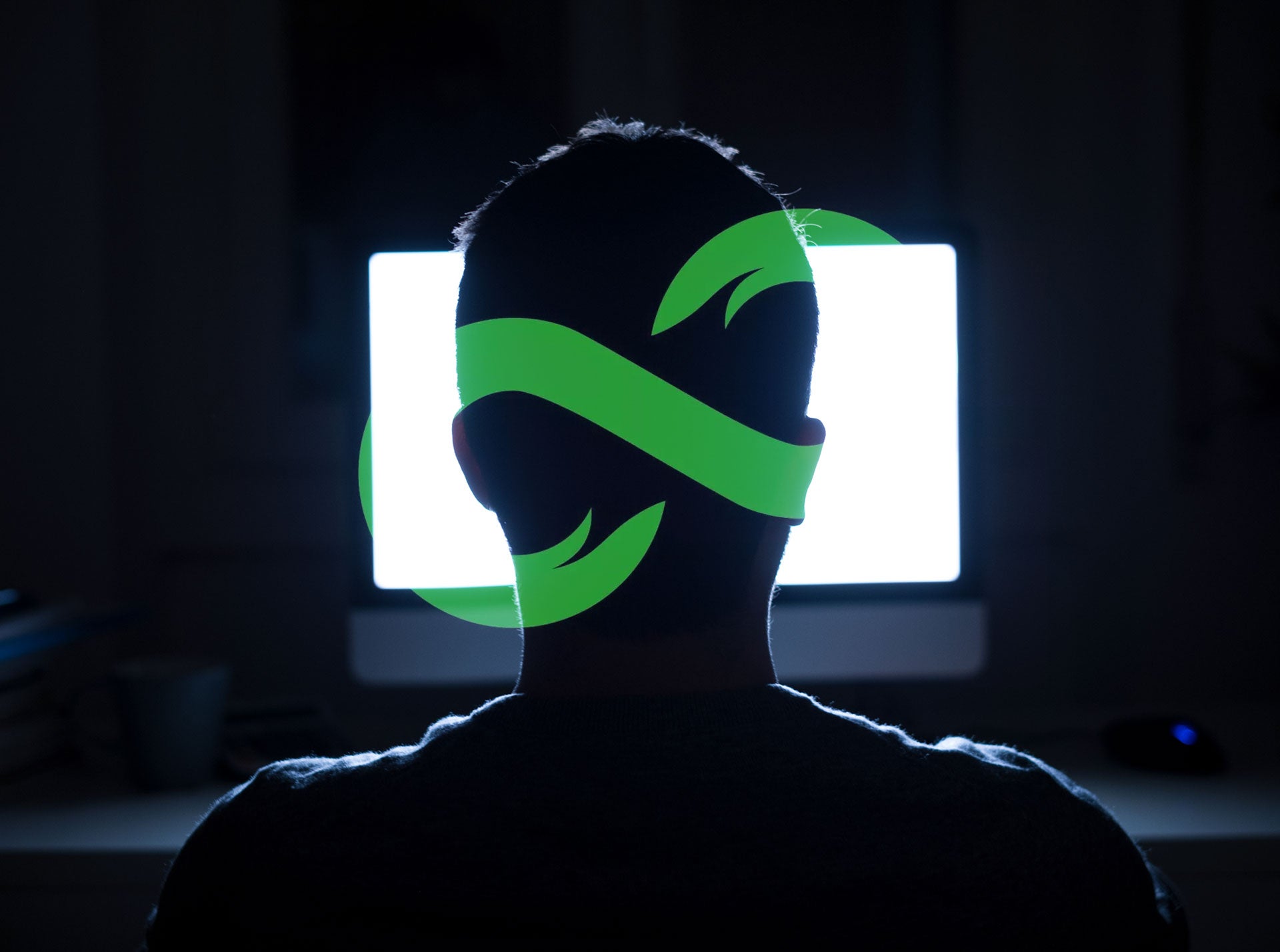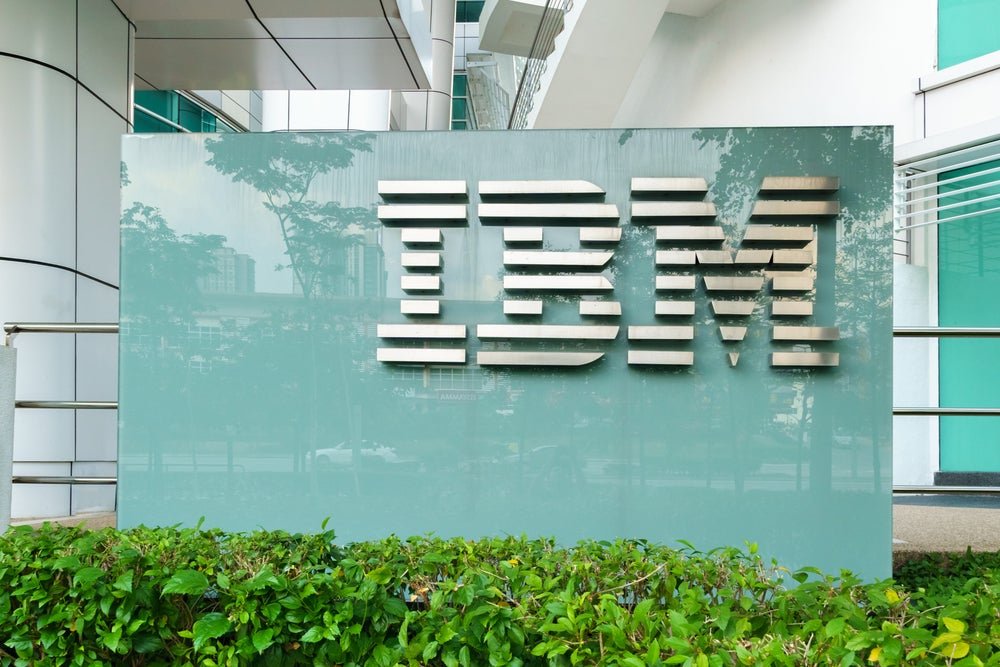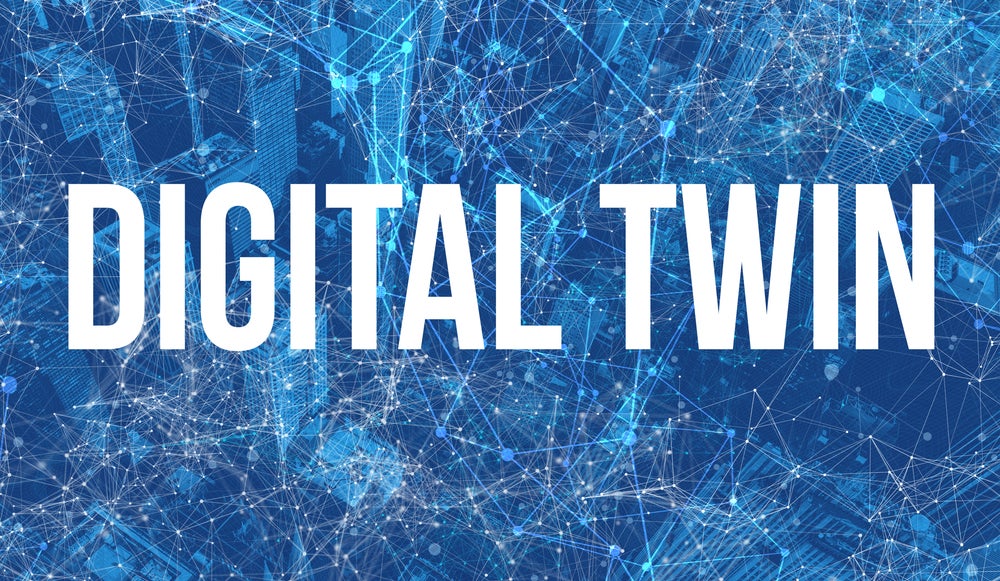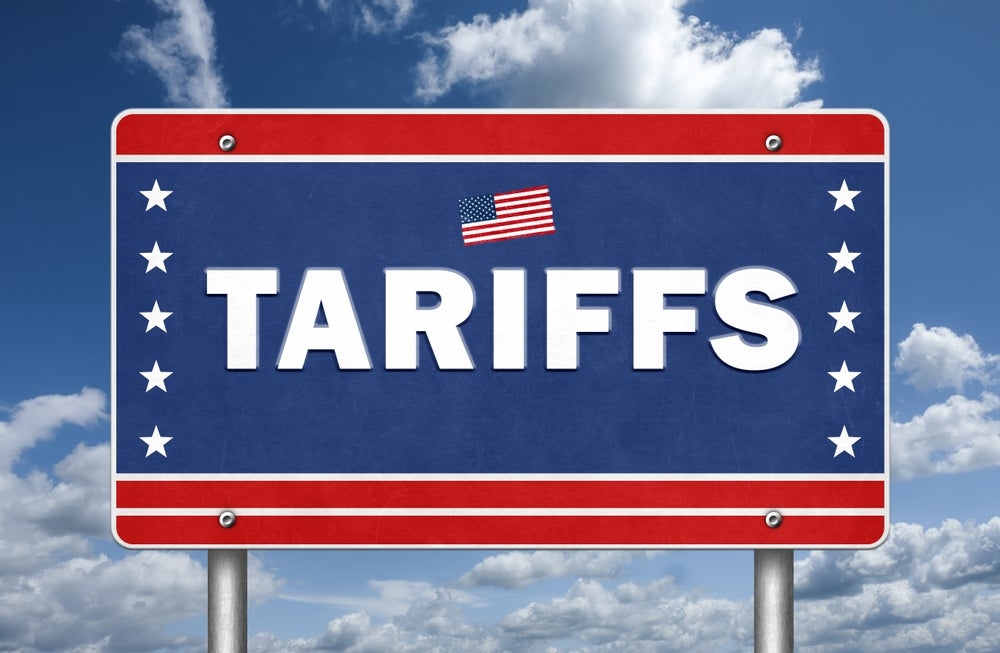
Internet infrastructure provider Cloudflare has terminated the service it provides for far-right imageboard site 8chan in response to it being used to publish the manifesto of the alleged El Paso shooter.
Cloudflare’s decision has reignited the debate around the role that internet companies should – or should not – play in moderating hateful content online.
The El Paso shooting, in which 20 people lost their lives, is the third atrocity linked to 8chan this year. The 21-year-old suspect appears to have posted an “anti-immigrant manifesto” on 8chan 20 minutes before carrying out the attack.
Before both the Poway, California, and Christchurch, New Zealand, attacks, the killers posted racist screeds on 8chan, the more extreme version of 4chan.
Cloudflare co-founder and CEO Matthew Prince cited these attacks in a blog post explaining the company’s decision to terminate its service for 8chan.
“Unfortunately, this is not an isolated incident. Nearly the same thing happened on 8chan before the terror attack in Christchurch, New Zealand,” he wrote. “The El Paso shooter specifically referenced the Christchurch incident and appears to have been inspired by the largely unmoderated discussions on 8chan, which glorified the previous massacre.
“In a separate tragedy, the suspected killer in the Poway, California, synagogue shooting also posted a hate-filled ‘open letter’ on 8chan. 8chan has repeatedly proven itself to be a cesspool of hate.”
Cloudflare drops 8chan support
As of midnight Sunday, Cloudflare removed all 8chan domains from its service. Cloudflare is not a website hosting provider, which means that 8chan will not disappear from the internet as a direct result of cutting ties.
Instead, it means that 8chan will be more open to cyberattacks such as a distributed denial of service (DDoS) attack, in which an attacker could bombard the site with requests, causing it to crash. Reports indicate this has already occurred in the aftermath of Cloudflare’s decision.
8chan will no doubt be able to find another service provider, something that Prince acknowledged and 8chan’s current admin, Ron Watkins, tweeted was already underway:
“All our domains have been removed from Cloudflare, so we will be moving to another service asap. Please excuse any downtime as we migrate to the new service.”
A complex, familiar debate
It is not the first time that internet companies have come under scrutiny for hateful content posted on associated platforms. Facebook came under fire for failing to prevent the Christchurch killer from livestreaming the attack. YouTube has been criticised for promoting far-right content in its suggested videos.
Nor is it the first time that Cloudflare has found itself embroiled in controversy over some of its clients.
In 2017, Cloudflare ceased providing a service for neo-Nazi website the Daily Stormer. This decision came three days after the far-right rally in Charlottesville that resulted in the murder of counter-protester Heather Heyer.
Cloudflare initially defended its decision to remain neutral. But after growing pressure, and other companies such as domain provider GoDaddy pulling their services from the Stormer, Cloudflare followed suit.
Prince said at the time that the “tipping point” in its decision was the Daily Stormer’s claim that Cloudflare “were secretly supporters of their ideology”.
This time, Prince has gone into more detail to explain the 8chan decision:
“The rationale is simple: they have proven themselves to be lawless and that lawlessness has caused multiple tragic deaths. Even if 8chan may not have violated the letter of the law in refusing to moderate their hate-filled community, they have created an environment that revels in violating its spirit.
“We reluctantly tolerate content that we find reprehensible, but we draw the line at platforms that have demonstrated they directly inspire tragic events and are lawless by design. 8chan has crossed that line. It will therefore no longer be allowed to use our services.”
Further complicating the decision is the role Cloudflare plays in providing intelligence to law enforcement. On Sunday Prince appeared undecided about whether to cease its contract with 8chan, telling the New York Times that kicking 8chan off its network would give law enforcement “less visibility into what’s going on”.
8chan has been a customer of Cloudflare for more than four years. During this time, 8chan has also come under fire for hosting images of child sexual abuse on its site. Cloudflare responded to these complaints by forwarding them back to 8chan’s administrators, revealing the identity of the whistleblower in the process.
Cloudflare IPO
Critics have highlighted that Cloudflare’s decisions regarding the Daily Stormer and 8chan as being reactive rather than proactive. Some took to Twitter to speculate that Cloudflare reportedly going public in September was a possible reason for it cutting ties with 8chan.
No.
I don't think so.
I think it's because Cloudflare plans to IPO in September.
It's hard to get a high valuation when you are known to protect child porn and mass shooting screeds from DDoS.
h/t @c_arise https://t.co/kcewtQRaEE— K. Louise Neufeld (@ninaandtito) August 5, 2019
Cloudflare continues to host all manner of hate groups, criminal operations and general ugliness. They are hardly repentant. They are also planning an IPO with @GoldmanSachs. I suggest asking you company/pension funds/mutual funds etc to not participate in @IPO. Fuck them. https://t.co/AKVS6sSU7z
— David C Lowery (@davidclowery) August 5, 2019
However, it is worth noting that when Cloudflare terminated its contract with the Daily Stormer in 2017, there was no IPO in sight – although they were the last vendor to cut links.
Verdict approached Cloudflare for comment but did not receive a reply at the time of publication.
The growing importance of corporate responsibility
Corporate responsibility is increasingly being used by organisations to ensure its activities have a positive impact on society.
Following the murder of New York Times journalist Jamal Khashoggi at the Saudi consulate in Istanbul, business leaders pulled out of Saudi Arabia’s ‘Davos in the Desert’ conference.
But for technology companies, such decisions are far more complex than losing business partnerships. Internet companies are the gatekeepers to online discourse. Deciding to close those doors effectively makes powerful tech companies the arbiters of public debate.
And the problem becomes more complex still when breaking down the different types of internet companies. As pointed out by Washington Post technology correspondent Kevin Roose, the debate around internet censorship falls into three categories.
The consensus appears to be that social media platforms such as Facebook and Twitter should make efforts to moderate extreme and hateful content on their platforms.
Internet service providers such as Verizon or BT tend not to factor into such censorship debates.
Nor, often, do domain name providers. Tucows, a Canadian company that provides 8chan’s domain name registration, said it had no plans as of Sunday evening to disable the site’s address.
But for companies that sit somewhere in between, such as Cloudflare, the position is less clear.
What next?
Patrick Pugh, physical security analyst Flashpoint, previously told Verdict that banning sites like 8chan isn’t the answer. Instead, they should be starved of the tools that make their radicalisation efforts effective.
“Driving it [8chan] underground would deprive extremists of technologically-reliable hosting platforms,” he said, in response to the Christchurch shooting.
For example Google took to decision to de-list the imageboard site in response to 8chan’s hosting of child abuse images, making it much harder to find.
In an interview with Wired, Prince said that he’s “nervous about whether we’ve made the right decision, and I’m nervous about how this will set precedent in the future”.
Ultimately, mass shootings go beyond the decisions of internet companies.
“While removing 8chan from our network takes heat off of us, it does nothing to address why hateful sites fester online. It does nothing to address why mass shootings occur,” Prince wrote in his blog post.
“It does nothing to address why portions of the population feel so disenchanted they turn to hate. In taking this action we’ve solved our own problem, but we haven’t solved the internet’s.”
Read more: Theresa May wants tech investors to help fight online extremism — will it work?







